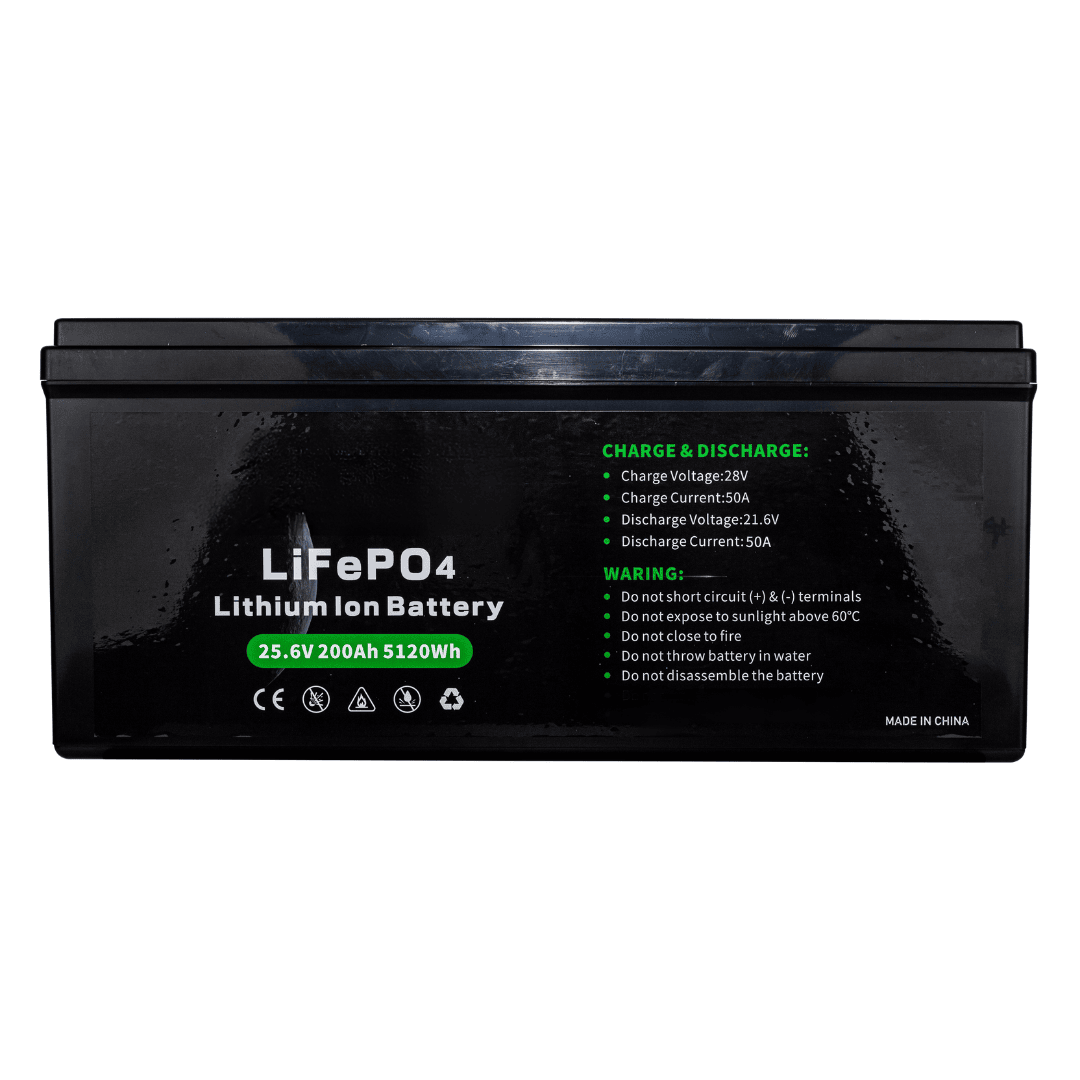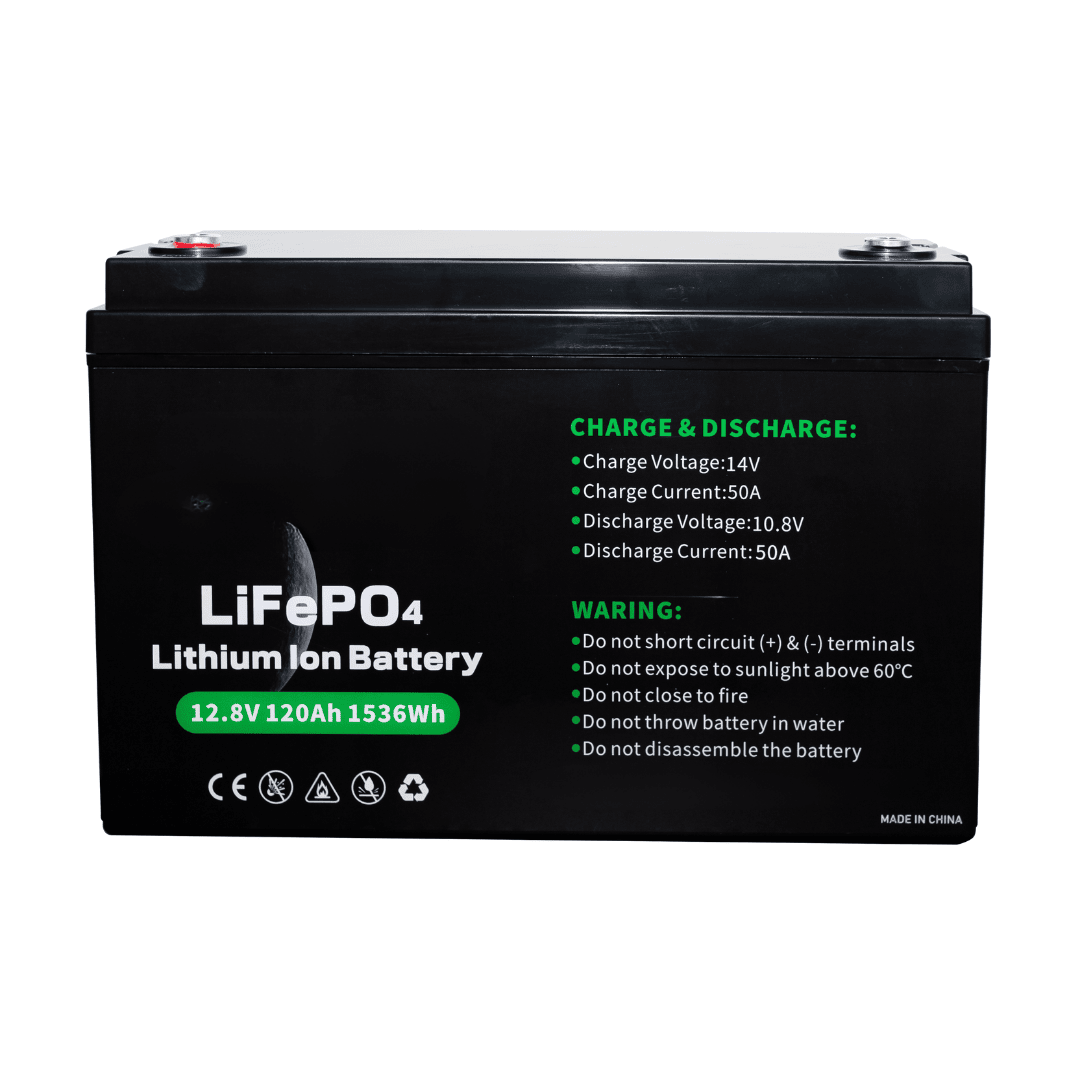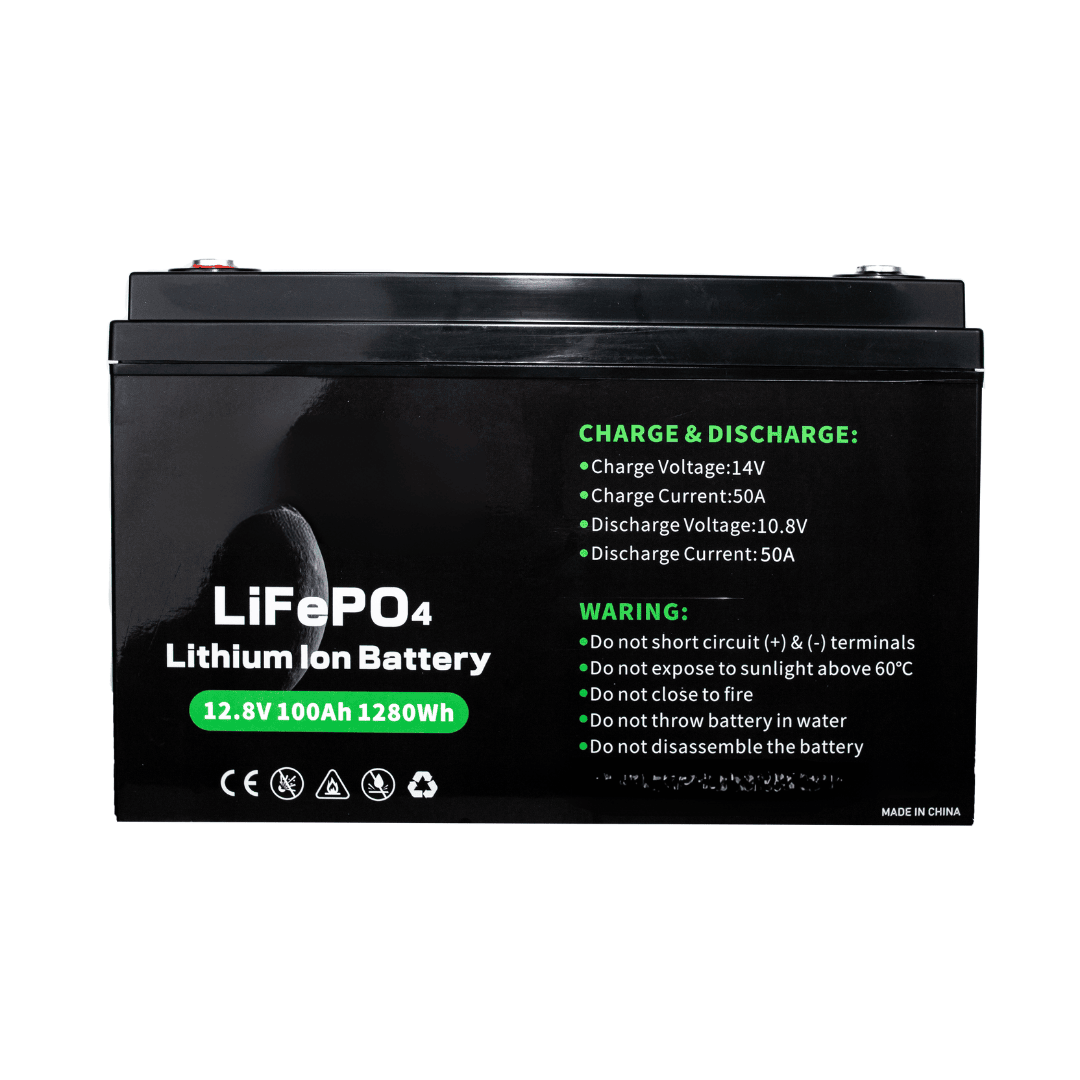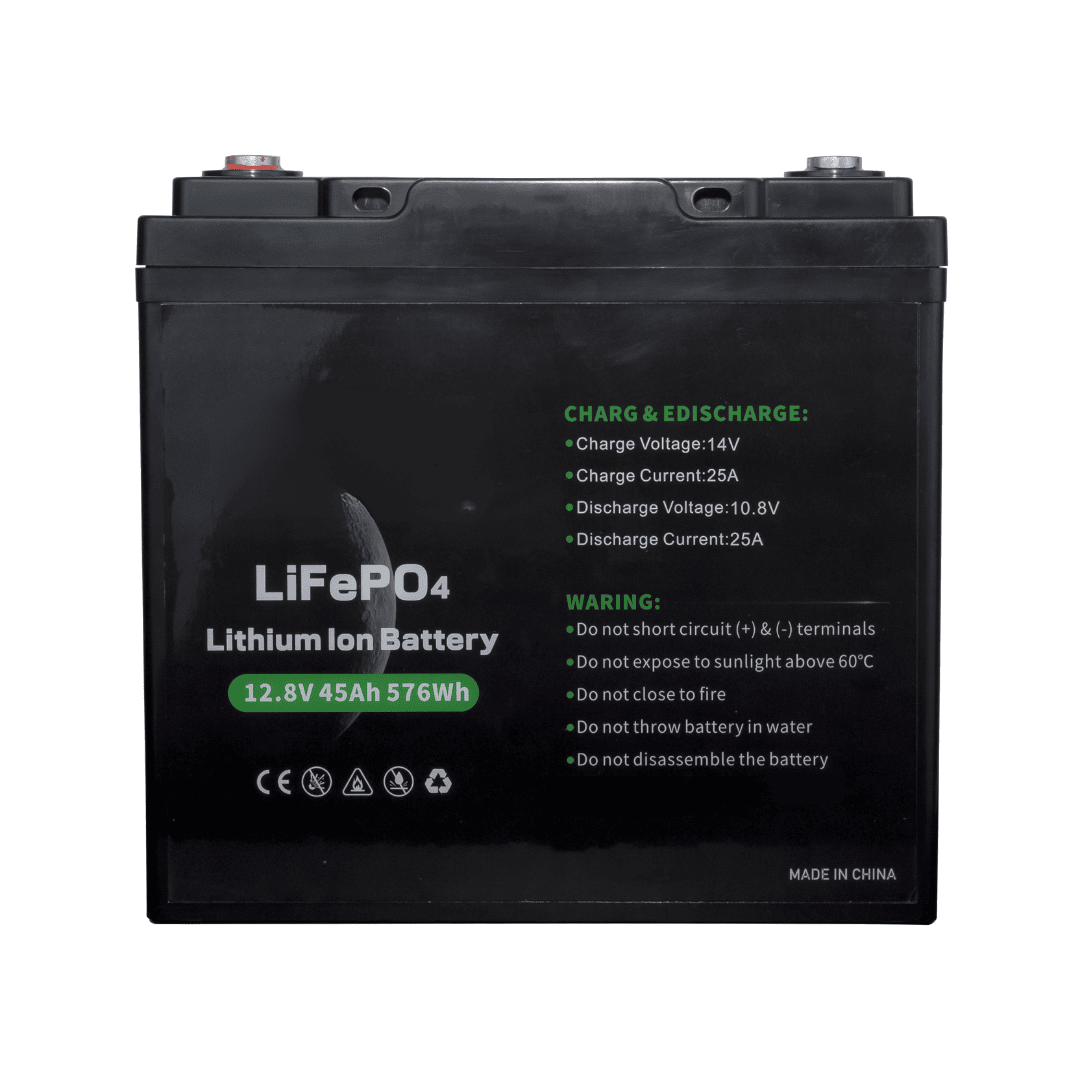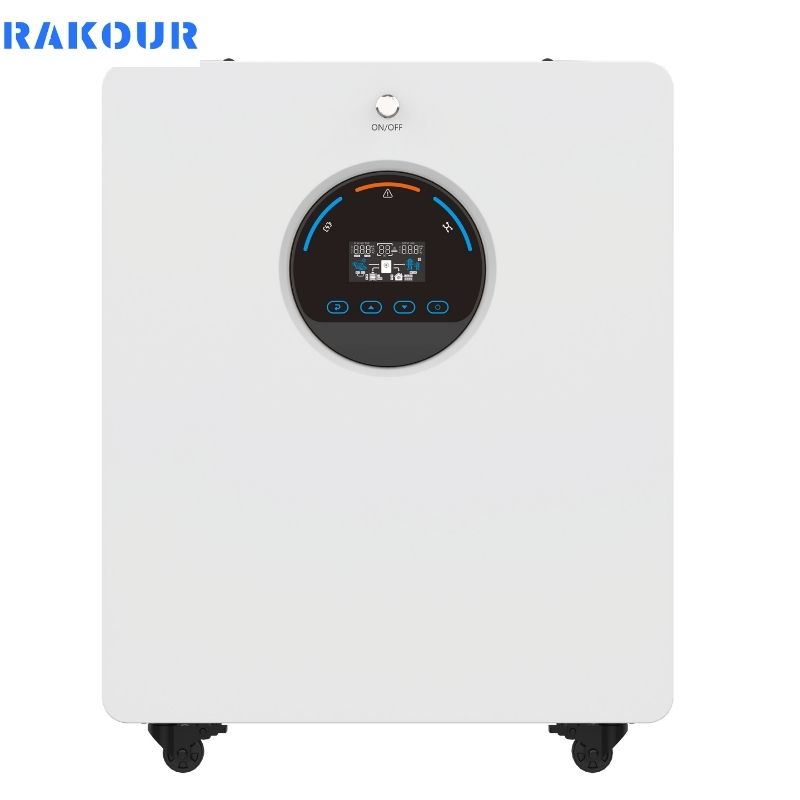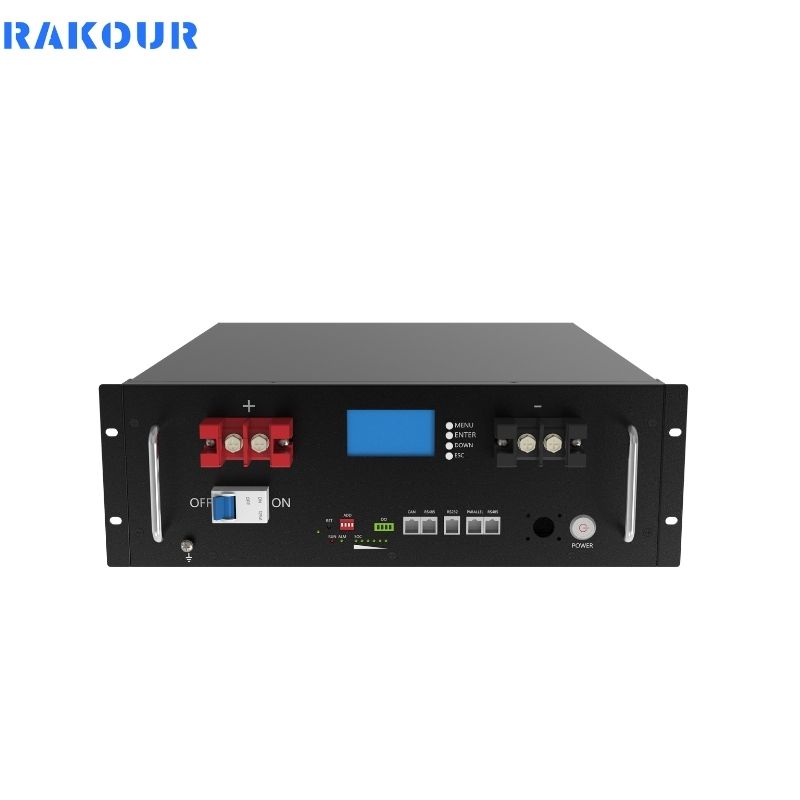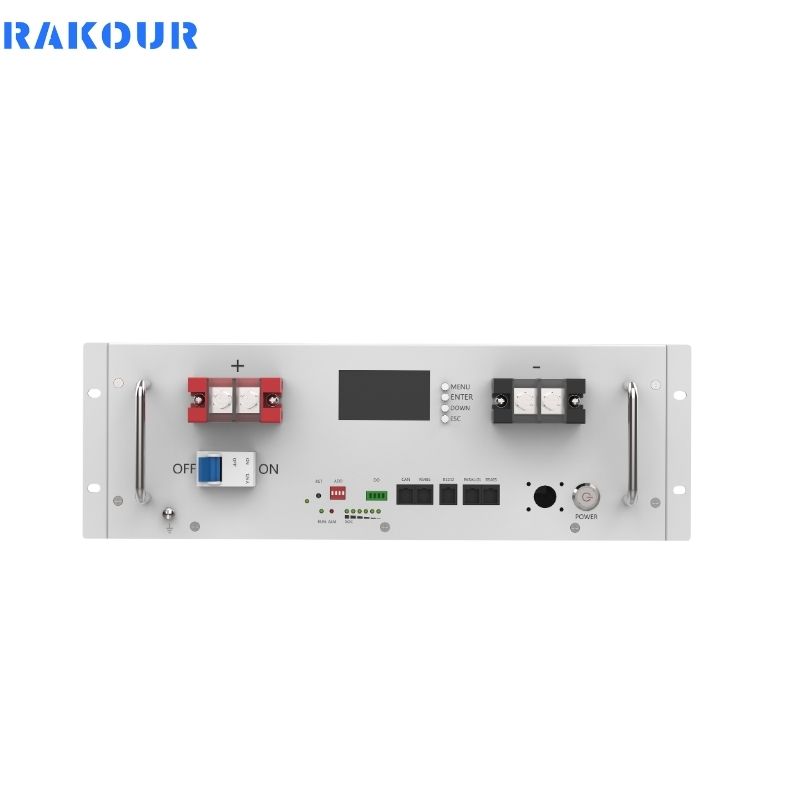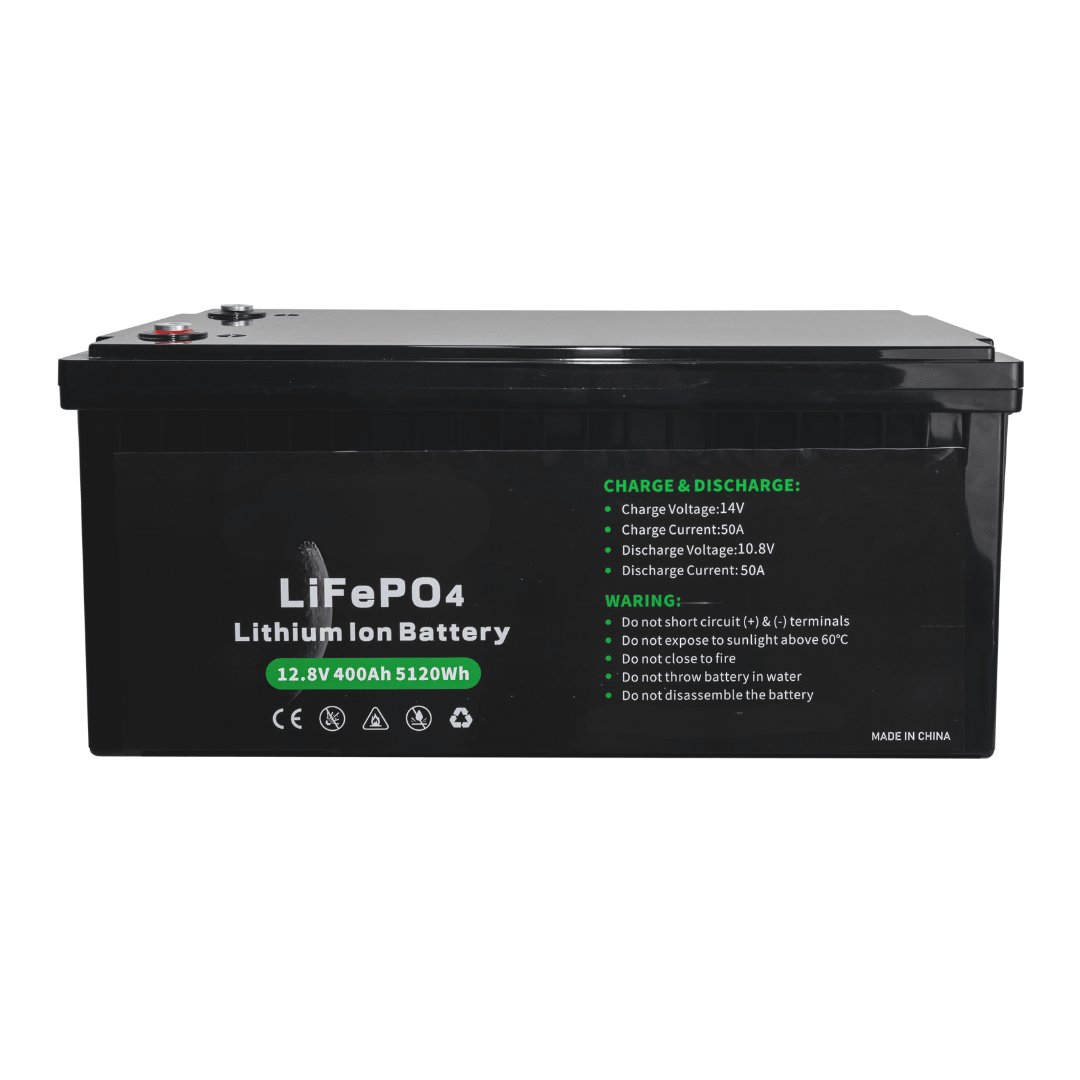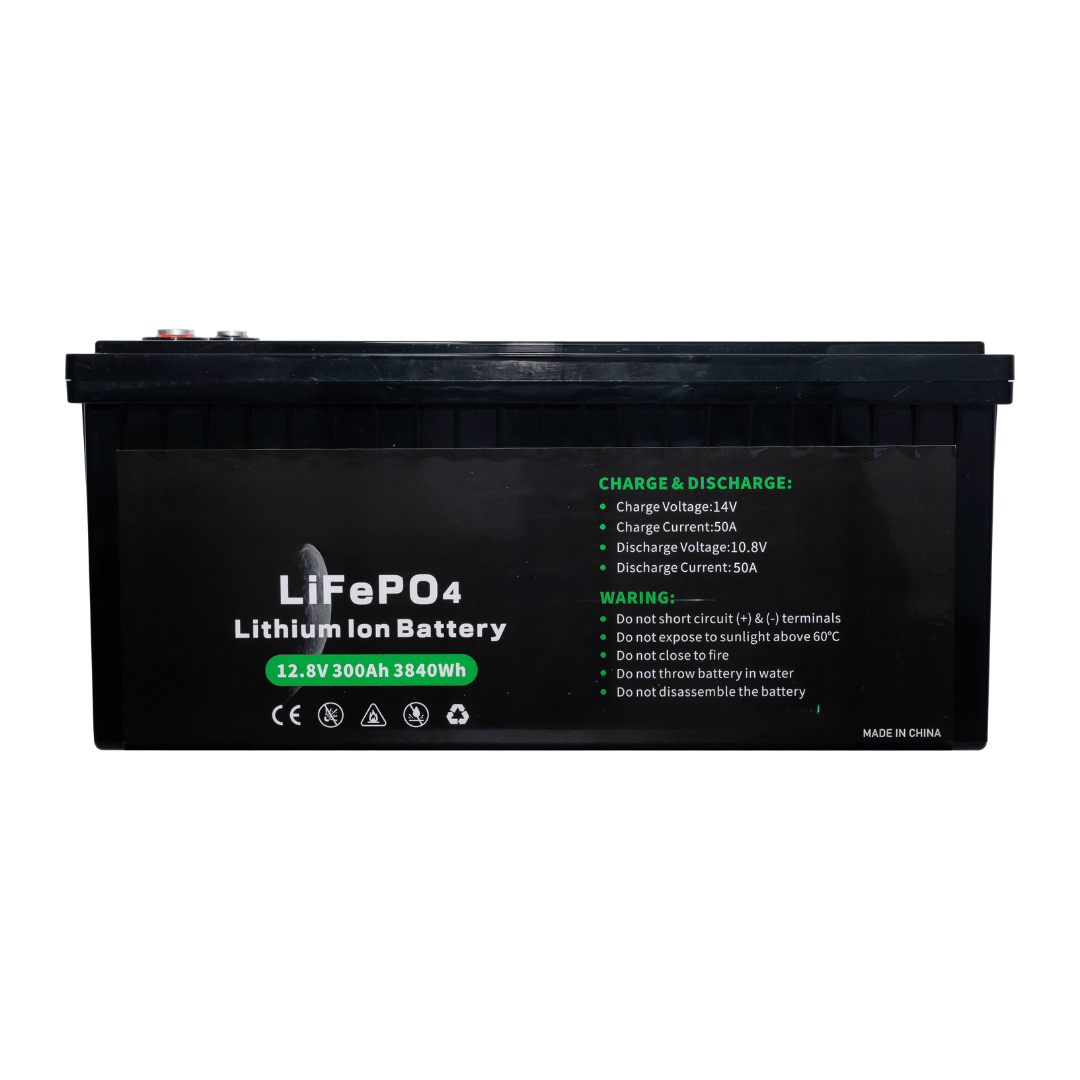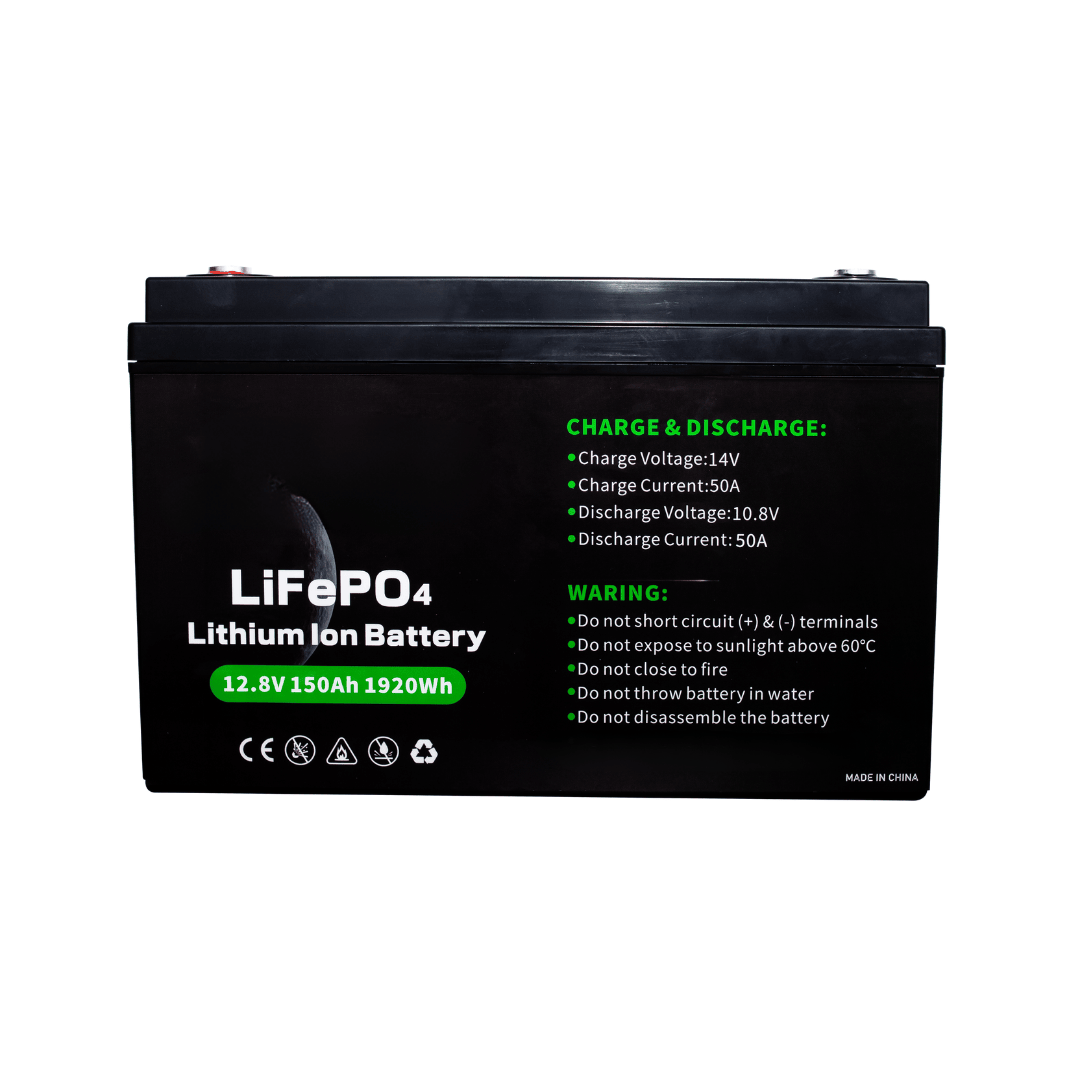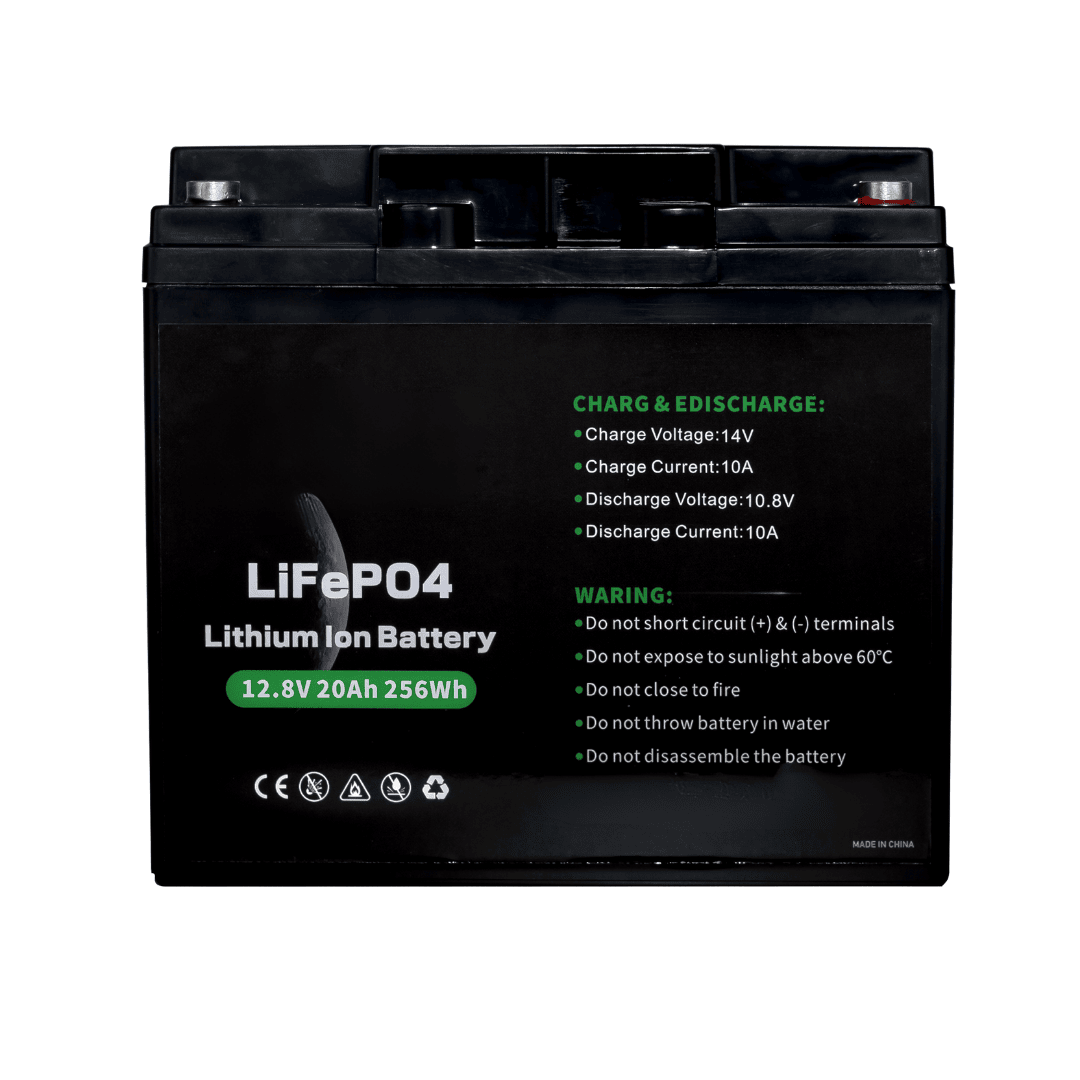Introduction to Lithium Batteries
Lithium batteries have become a cornerstone of modern energy storage solutions, significantly impacting various sectors such as consumer electronics, electric vehicles, and renewable energy systems. Their unique properties, including high energy density and lightweight design, make them particularly suitable for applications where space and weight are critical factors. The 12v lithium battery is one of the most common types used in many portable devices, offering reliable performance and efficiency.
As we delve into the world of lithium batteries, it’s essential to recognize their role in promoting sustainability. With the increasing global emphasis on reducing carbon footprints, lithium batteries are pivotal in supporting renewable energy initiatives and electrifying transportation. This blog will explore the diverse applications of lithium batteries, emerging trends in technology, and the environmental considerations that accompany their use. By understanding the multifaceted nature of these batteries, we can appreciate their contributions to a sustainable future.
What are Lithium Batteries?
Lithium batteries are rechargeable energy storage devices that utilize lithium ions to facilitate the movement of charge. They are predominantly classified into two main types: lithium-ion and lithium polymer batteries. Each type has distinct characteristics that make them suitable for various applications.
A. Types of Lithium Batteries
- Lithium-Ion Batteries: These batteries are widely recognized for their high energy density, often reaching up to 330 watt-hours per kilogram (Wh/kg). This makes them ideal for applications requiring substantial power in a compact form factor, such as the 12v 100ah lithium battery, which offers significant capacity for various uses. For more detailed information on different types of lithium-ion batteries, visit Battery University.
- Lithium Polymer Batteries: Unlike their lithium-ion counterparts, these batteries feature a flexible design that allows for thinner profiles and lighter weights. This flexibility is particularly advantageous in devices like drones and smartphones where space is at a premium.
B. Basic Chemistry and Functionality
The operation of lithium batteries hinges on the movement of lithium ions between the anode and cathode during charging and discharging cycles. The electrolyte facilitates this movement while preventing electron flow until needed for power generation.
Key advantages of lithium batteries include:
- High Energy Density: Essential for applications like electric vehicles where weight and space are critical.
- Low Self-Discharge Rates: Typically around 1.5% to 2% per month, ensuring that stored energy remains available when needed.
- Long Cycle Life: Lithium batteries can endure numerous charge and discharge cycles without significant capacity loss.
These features collectively contribute to their widespread adoption across various sectors, including consumer electronics, medical devices, and renewable energy systems.
Key Applications of Lithium Batteries
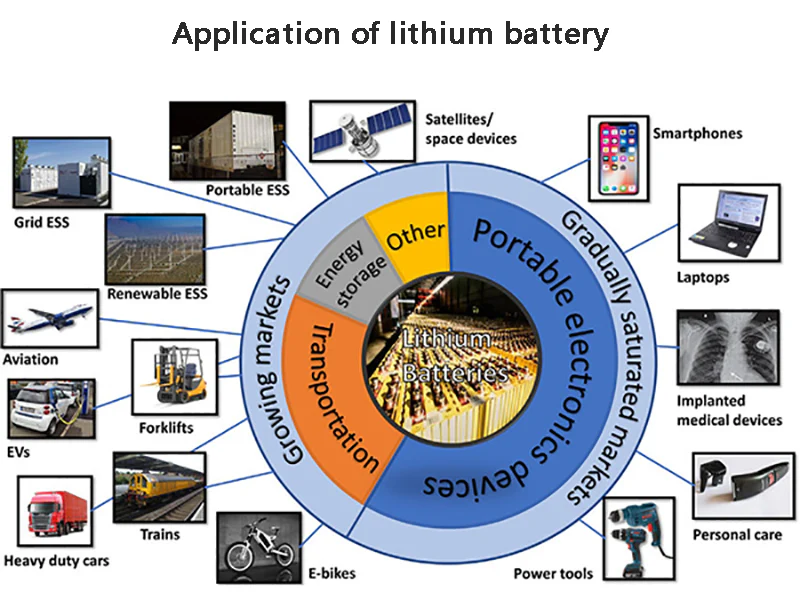
Lithium batteries are integral to numerous industries due to their efficiency and reliability.
A. Consumer Electronics
- Smartphones: The vast majority of smartphones rely on lithium batteries for their operation, providing long-lasting power that supports high-resolution displays and multiple applications running simultaneously.
- Laptops: The lightweight nature of lithium batteries makes them ideal for laptops, ensuring portability without sacrificing performance.
- Digital Cameras: Photographers depend on lithium batteries for their ability to deliver consistent power during extended shooting sessions.
B. Electric Vehicles
- Overview of EVs: The rise of electric vehicles (EVs) has been significantly bolstered by advancements in lithium battery technology. These vehicles utilize large battery packs that provide extensive range and quick charging capabilities.
- Advantages of Lithium Batteries in EVs: Compared to traditional lead-acid batteries, lithium-ion batteries offer higher energy density, reduced weight, and longer lifespan—making them the preferred choice for manufacturers aiming to enhance vehicle performance.
C. Medical Devices
- Pacemakers: In medical applications such as pacemakers, reliability is paramount; thus, lithium batteries play a crucial role in ensuring consistent operation over extended periods.
- Portable Medical Equipment: Devices like blood glucose monitors also rely on lithium technology for portability and efficiency.
D. Renewable Energy Storage
- Solar Energy Systems: As solar power becomes more prevalent, lithium batteries serve as effective storage solutions—allowing users to harness energy generated during sunny days for use at night or during cloudy periods.
- Wind Energy Storage: Similar to solar systems, wind energy relies on efficient storage solutions provided by lithium technology to ensure a steady power supply.
E. Power Tools and Drones
- Handheld Power Tools: Contractors prefer lithium-powered tools due to their lightweight design and ability to hold a charge longer than traditional options.
- Drone Technology: The aviation industry benefits from lithium polymer batteries that provide high discharge rates necessary for flight operations while maintaining a lightweight profile.
For those interested in exploring more about the various uses of these powerful devices, check out our article on 15 Popular Uses and Applications or our Top 10 Applications for Your Lithium 12V Battery. If you’re looking specifically at how these batteries can enhance smart home technology, our piece on How 12V Lithium Battery is Used in Smart Home provides valuable insights!
If you’re interested in exploring high-quality battery solutions tailored to your specific needs—whether it’s for consumer electronics or renewable energy systems—consider reaching out through our contact page today!
Emerging Trends and Innovations
As technology advances, so does the field of battery development, particularly with lithium-based solutions.
A. Advances in Battery Technology
Recent innovations have led to improvements in battery efficiency, lifespan, and safety features. For instance, researchers are exploring new materials that could enhance the performance of lithium-ion cells while reducing costs significantly (see more at Clean Energy Institute).
B. Solid-State Batteries and Their Potential
Solid-state batteries represent a significant leap forward by replacing liquid electrolytes with solid-state alternatives—offering increased energy density and safety while potentially slashing charging times. This advancement is particularly beneficial for electric vehicles and portable electronics where rapid charging is essential.
Moreover, the integration of nanomaterials like silicon nanoparticles into battery electrodes is revolutionizing capacity and cycling performance, enabling batteries to store more lithium ions while enduring longer periods without frequent recharging.
Environmental Considerations
While lithium batteries offer numerous benefits, their production and disposal raise important environmental issues that must be addressed responsibly.
A. Impact of Lithium Extraction
The extraction processes for lithium can have detrimental effects on local ecosystems if not managed responsibly; water usage in mining operations can deplete local water supplies essential for agriculture and wildlife conservation efforts (learn more about safety concerns at UL Research Institutes).
B. Recycling and Sustainability Practices
Efforts are underway to develop effective recycling methods that can reclaim valuable materials from spent lithium batteries while minimizing environmental impact—promoting sustainable practices aimed at reducing reliance on virgin materials through closed-loop systems within the industry.
If you’re looking for sustainable battery options or want to learn more about how our products can fit into your renewable energy projects or electric vehicle needs, don’t hesitate to visit our contact page for more information!
Future Outlook for Lithium Batteries
The future of lithium batteries appears promising as demand continues to grow across various sectors driven by electrification trends (for insights into future developments in battery technology visit Stanford News).
A. Market Trends and Growth Projections
The global market for lithium-ion batteries is expected to expand significantly due to increasing adoption in electric vehicles and renewable energy systems—projected growth driven by technological advancements alongside rising consumer awareness regarding sustainability initiatives.
B. Challenges Facing the Industry
Despite positive trends ahead lies challenges such as supply chain constraints concerning raw materials (like cobalt) alongside environmental concerns regarding extraction methods needing resolution before continued growth within this sector can be realized effectively.
recommended reading
Conclusion
In conclusion, lithium batteries have become integral components across multiple industries due to their efficiency, reliability, and versatility—especially highlighted through products like the 12v 100ah lithium battery, which exemplifies robust performance across various applications including renewable energy systems or electric vehicle usage scenarios alike!
As we move towards a more sustainable future characterized by electrification initiatives—understanding these technologies’ roles will be crucial both from consumer perspectives as well as manufacturers alike! Continued innovation will help address environmental concerns while enhancing performance across all applications involving lithium battery technology—paving pathways towards cleaner energy landscapes ahead!
Learn How RAKOUR Can help you deploy
future-proof energy
Our team of energy storage experts will take the time to fully understand your business, challenges , and opportunities.

Understanding RV Batteries: Types and Uses
RV batteries are essential for powering a range of appliances and systems in recreational vehicles.

How to Build Your Own Golf Cart Battery with 3.7V Batteries
Building your own golf cart battery using 3.7V lithium-ion cells can enhance performance and save

Do you need a special charger for a 12V lithium battery?
Determining whether a special charger is necessary for a 12V lithium battery is a common

Why is a 48V lithium battery more suitable for home battery backup systems?
This article explores the advantages of using a 48V lithium battery, specifically LiFePO4, for home

Li Ion Battery Innovations You Should Know
Explore the latest innovations in lithium-ion battery technology, designed to enhance efficiency and sustainability. Discover

LiFePO4 Lithium Battery Performance Tips
Explore essential tips for enhancing the performance and longevity of LiFePO4 lithium batteries. This comprehensive
FAQs



